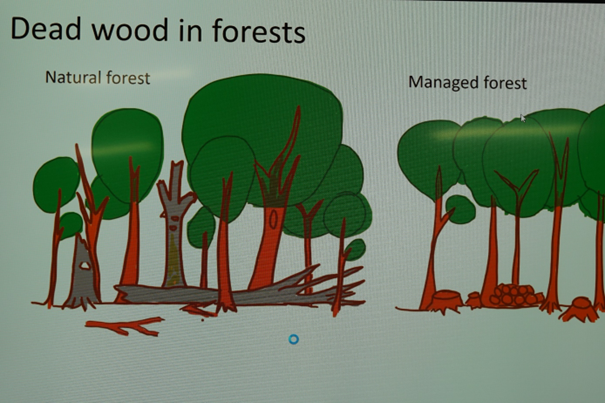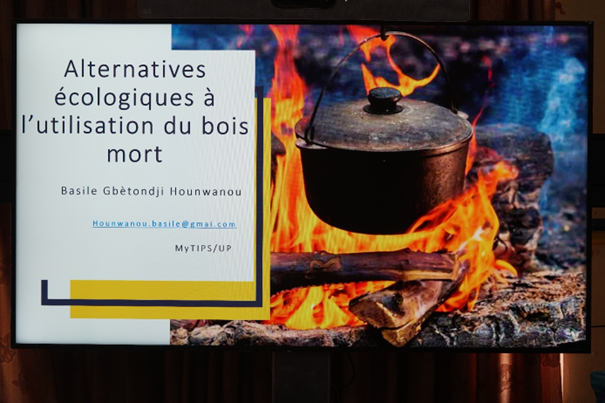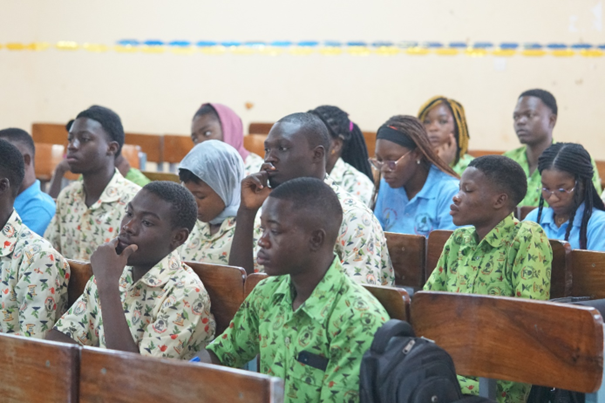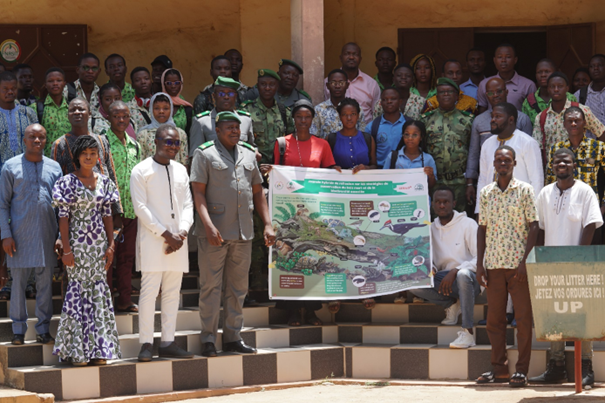Project : - Sensitization of local populations on the ecosystem services of dead wood and the definition of sustainable dead wood extraction strategies in the Toui-Kilibo classified forest (project ID. R.3.4-29/2022/160)


Dead wood, an integral part of forest ecosystems, is the habitat of many living organisms. It helps to maintain soil fertility by recycling carbon, and is also an important source of energy for rural populations. However, uncontrolled extraction and the intensification of forest management are leading to a significant reduction in this resource and, consequently, to the loss of the biodiversity associated with it. This situation is all the more critical in Benin, where the ecological importance of dead wood is little known to the public. The work we have carried out (funded by GTI) shows a drastic reduction in edible fungi in dead wood, particularly in the Toui-kilibo forest, where the quantities of dead wood are well below those optimal for tropical forests. Furthermore, our work on the phylogeny of the genus Ganoderma in Benin has revealed taxonomic confusion in Ganoderma lucidum. It is therefore vital to raise awareness among the various stakeholders of the importance of dead wood in maintaining biodiversity, and also to inform local populations that they should stop eating the Ganoderma lucidum mushroom while awaiting more detailed studies on its toxicology.
The aim of this project is to disseminate our results to local people, decision-makers and researchers, to organise a public awareness campaign to make local people aware of the ecological importance of dead wood, and a seminar to define strategies for its sustainable extraction. Finally, the expertise acquired by our colleague during her GTI internship at Mycelia will be put to good use to train women in particular in the cultivation of edible mushrooms, the disappearance of which they have reported.
Here are some of the achievements of this project

